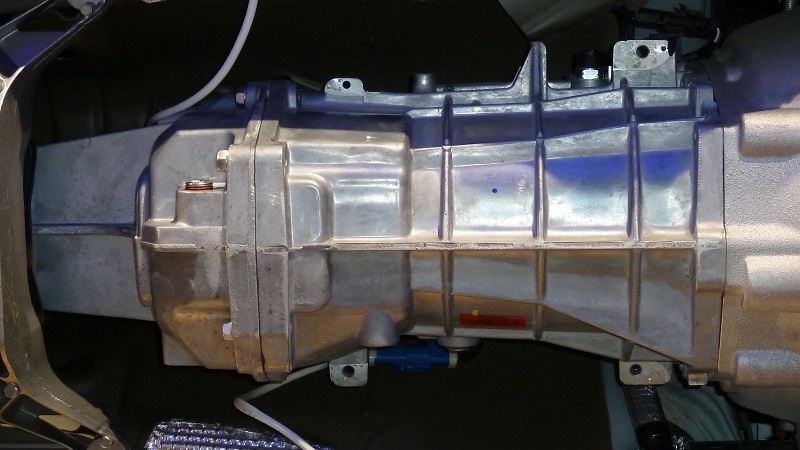

Newer cars have fully sealed transmissions with fluid meant to last the lifetime of the vehicle. Not all vehicles have a transmission dipstick.

Brownish-red, dark brown, or black fluid indicate mechanical problems or old fluid that needs replacing.
#Signs of transmission slipping manual#
Check your owner’s manual for specific instructions, amounts, and the correct type of fluid. Issues With Switching and Staying in Gear. If needed, add more transmission fluid.The stick probably has “full,” “low,” and “fill” marks. Pull it out again and look at how high the fluid clings to the stick. Pull the dipstick out of the transmission, wipe it clean, then slowly replace it. Then, prop the hood and look for the transmission dipstick (it'll have a transmission label on it and be further back than the engine-oil dipstick). Park the vehicle on a level surface and idle the engine. You could go for a transmission flush, but make sure you have all the details before you do that.Check the transmission fluid to try to diagnose the problem. If it’s dirty, then you could also check your filter and replace it, if needed. The third reason could be that the oil has become dirty or contaminated, which again needs to be changed. Remember to use only the genuine transmission fluid when you replace it. The second reason could be that the fluid has become old and denatured, and needs to be changed. The reason it works fine once it’s warmed up, is because the oil expands with heat. The first one could be that your engine is low on transmission fluid and could use some more. When Cold If your transmission slips only when it’s cold, then there could be three possible reasons.
#Signs of transmission slipping code#
You will need a code reader to diagnose the problem.

The engine rpm keeps increasing but there is no increase in the speed this is another indicator you should watch out for.If you change gears and you hear a sudden clunk, sudden jolt or shudder, then the shifting is not smooth and there could be a problem with the gearbox.If on changing from a neutral or park position to the drive or reverse gear, the car does not immediately catch the gear and move forward or backward, it indicates a problem. A delay of more than a second in shifting from the neutral to drive or reverse gear could mean that there is a problem with the transmission.Most of the problems in cars can be felt in the way they drive during daily use. The occasional slip when you’re driving up or downhill is no big deal this is totally normal for a transmission. There are a lot of things your car will ‘tell’ you if you are willing to listen and observe. Things You Should Know Signs you have a slipping transmission include: high RPMs, an inability to reverse, strange smells, odd noises, and delayed acceleration when you press the gas. It also makes sense to get your car serviced especially if you have been using it quite frequently or after a long trip. Thus, it’s always better to take good care of the transmission, checking the oil, filters and getting them cleaned regularly. Anyone who has had an experience with transmission problems will tell you that it’s not cheap replacing or even repairing it. The transmissions may vary from manual, semi-automatic, to automatic.

The transmission or gearbox is an innovation of engineering that is central to the smooth running of any car.


 0 kommentar(er)
0 kommentar(er)
